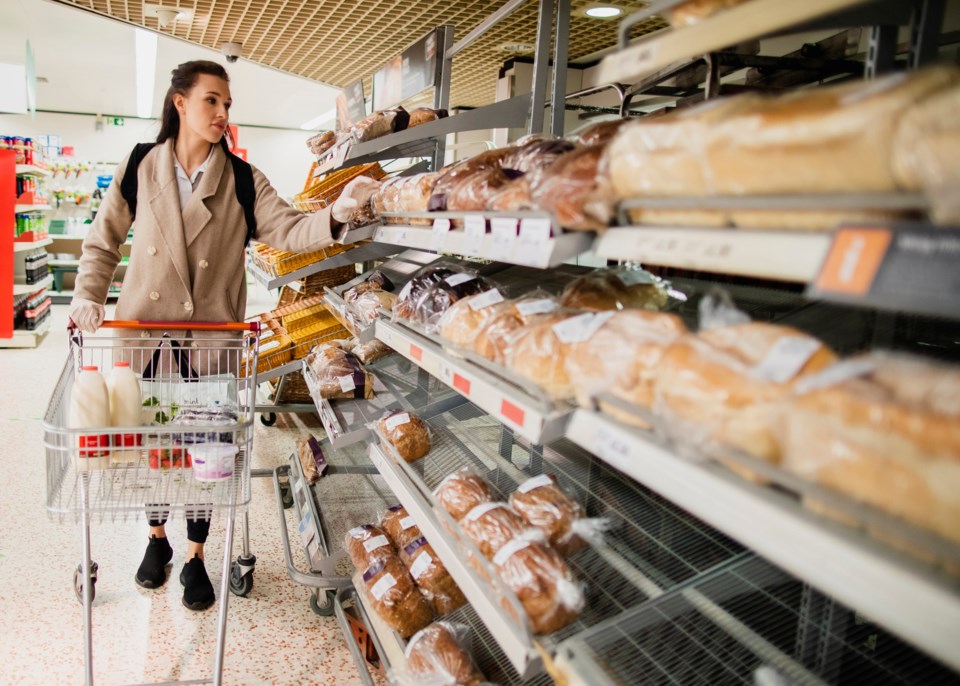WEYBURN - Things do get complicated sometimes when it comes to federal regulations. Last week, I wrote about the need for reusable shopping bags, as the federal government has set 2030 as a target date for banning single-use plastics. The banning of the sale of single-use plastics is set to roll out in December 2023, and a ban on manufacturing, importation and sale of single-use plastics for export coming in 2025.
In their regulations, the federal government added plastic manufactured items to its list of toxic substances in 2021 as a measure to cut plastic pollution. In response, various industry groups (including the Alberta and Saskatchewan provincial governments) filed a legal challenge in the Federal Court of Canada, arguing the measure was unreasonable and unconstitutional.
The federal government later implemented several policy and regulatory changes, including the ban on manufacturing, selling and importing specific items: plastic checkout bags, straws, cutlery, six-pack rings, stir sticks and takeout containers made from hard-to-recycle plastics.
Just think about that list for a second .... and now picture all the services that it will affect. Restaurants that offer take-out will have to find an alternative to plastic straws, cutlery and takeout containers. Plastic bags used in the produce aisle, or to safeguard bread, will not be allowed.
More than 40 per cent of all plastic made is for packaging, which is used only once or twice before being thrown away. Just walk down the shopping aisles at your local food store, and consider all the packaging that will have to be changed. It seems like a big task.
A ban is not the only way to rescue plastic pollution. The restrictive ban also puts immense pressure on small local businesses to find alternative solutions, and only a few years to complete the task.
In addition, there are many people who do find ways to re-use these plastics. I am sure that my home was not the only one that used plastic margarine containers as a way to refrigerate chili or soup, for easy re-heating later.
There are also some viable options by knowing more about what kinds of plastics can be recycled, and where, as recycling correctly can keep a lot of plastics out of the waste stream.
We have seen in the past how federal programs are introduced with the goal to achieve a certain result, but then there are many adjustments and changes to the program itself. The legal challenge in the federal court was just started early March, so there is no telling what changes will be made by the industry groups who are fighting this measure.
Hopefully the changes and restrictions that are being proposed by the federal government do result in some real changes that work for everyone.




